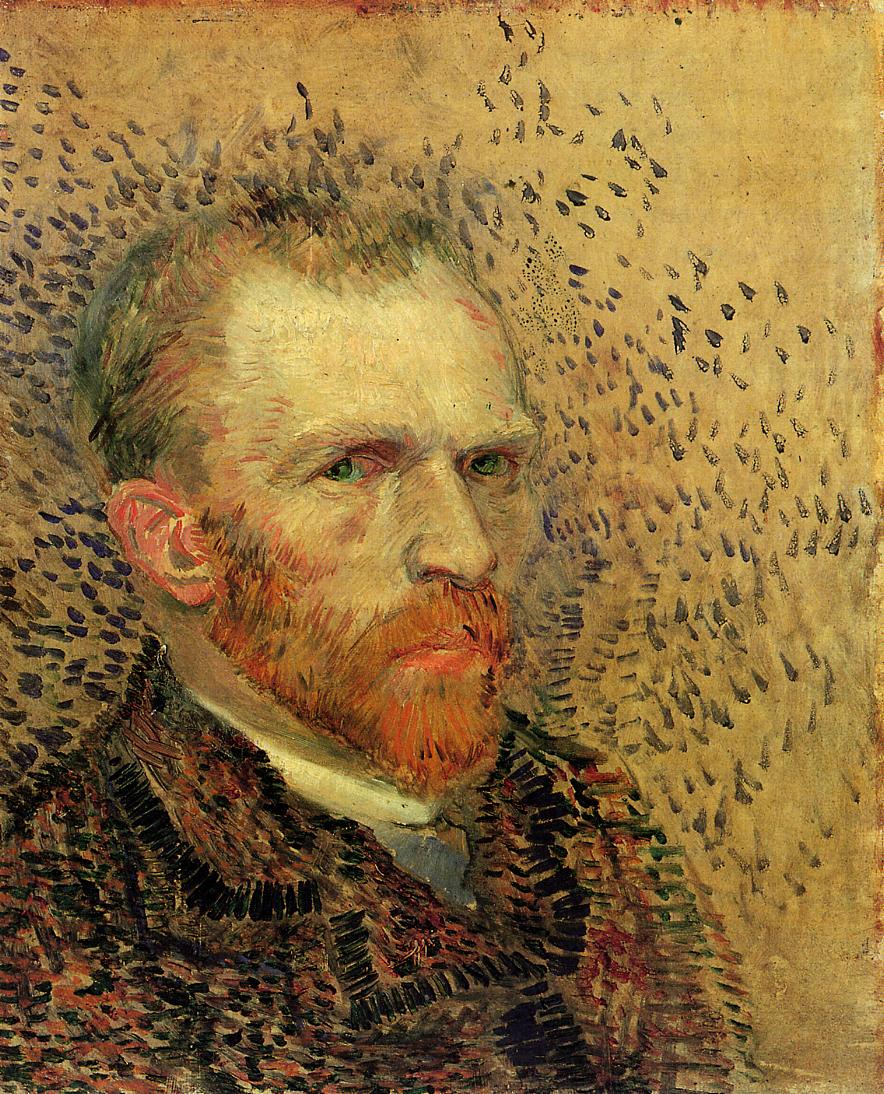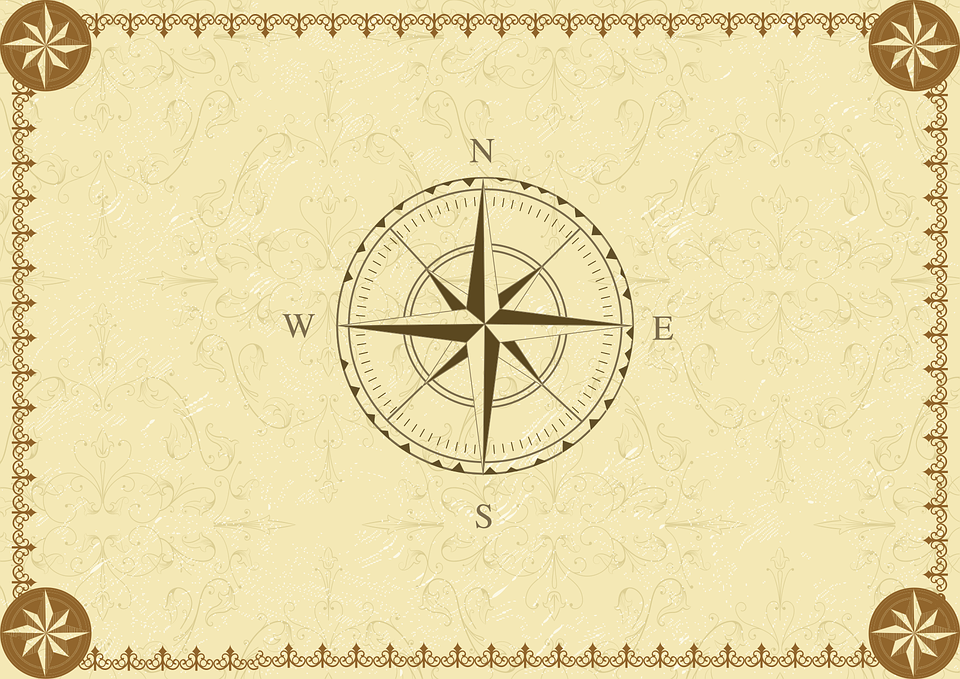Primary education in most parts of the world is the same; it follows a well-known pattern: the alphabet, counting, math, some general knowledge about nature, the human body, very basic chemistry and physics. As much as we do need a lot of the skills we are taught in school, I believe that the system is just too outdated for modern times. For once, there are misleading facts that have been passed down to us without anybody ever thinking about their origin or truth.
You Should Drink Eight Glasses of Water per Day
This was told to us in school as if it were exact science: “You need two liters of water a day and you may be in serious trouble if you do not drink them!” Well it is not like that at all. You should drink water when you are thirsty; that is it. If you do not feel thirsty, then do not drink water, because you will end up urinating all of it.
So how did this myth come to be? Well, it came from a study in 1945 by the US Food and Nutrition board, which stated that you need about 2.5 liters per day. However, what perpetrators of the myth failed to report is that the study stated that most of this water already exists in the food we eat. Furthermore, bottled water companies benefited from this myth and helped spread it to increase sales. What everyone is failing to mention is that the amount is never an exact volume; it is just how much you feel thirsty at a certain day!

Christopher Columbus discovered that the Earth is Round
Christopher Columbus was an explorer who sailed west from Spain and discovered the New World; he is correctly credited for that. He is, however, incorrectly credited as the one who discovered that the Earth is round.
For hundreds of years people knew that the Earth was round. Aristotle proposed it, Eratosthenes calculated its circumference, even the Romans proposed sailing West to find India hundreds of years before Columbus. When Columbus did propose that, it was because sailing East was a difficult task, having to pass through Africa to reach there. He was initially refused, but not because people thought the Earth was flat. They knew it was round, but the calculations they made had him sailing very far West that they believed it was too large a distance for him to cross.

An Apple Fell on Newton’s Head
The version you have heard is: “Newton was sitting under an apple tree when an apple fell on his head; he then had a ‘Eureka’ moment in which he realized there was such a thing as gravity and he formed his theories”. The truth is not too far from that actually, which makes this fact not completely untrue! Newton himself told the story that he was, in fact, sitting under an apple tree when he got inspiration for the gravity theory. It did not, however, fall on his head; he may have seen an apple fall, but that is about it. He also took years to form the gravity theory before he had actually published it, not so much of a Eureka moment as the stories have you believe.
.jpg)
Van Gogh cut off His Ear
This is probably the only thing I remember from art class. I am not much of an artist, but I do take interest in art and its history. Since art class was all about how good your drawings were—and how inadequate you felt when you were handed down those horribly bad marks—we were not taught much history. Nevertheless, lots of teachers loved to tell the Van Gogh story.
It went like this: “Van Gogh was a brilliant, yet crazy, artist got into a fight with a friend named Gauguin. In the heat of the fight, he held a razor and cut off his ear, presenting it to a prostitute as a gift later that night”. What a nutcase! Or was he?
Recent findings by two German historians suggest that this is not the true version of the events. It seems that Van Gogh may not have cut off his own ear after all, but rather his friend Gauguin accidentally did that. You see, Gauguin was a skilled fencer, and in a heated argument he cut off Van Gogh’s ear. It is probable that Van Gogh invented the whole story about him doing it to himself to protect his friend.

Origin of the Word News
Another popular anecdote your teachers loved to say: “Do you know how the word news came to be? Well, it is a compacting of the words North, East, West, and South; because news comes from all over the world! A simple Google search for “etymology of news” shows the following: “Late Middle English: plural of new, translating Old French noveles or medieval Latin nova (new things)”. There you have it.

In this day and age, any post, link, or photo we see we have to play Sherlock Holmes with, because a lot of the stuff out there is fake. The same applies to what we have been taught in school.
References
todayifoundout.com
cracked.com
nytimes.com
google.com.eg
dailymail.co.uk
scientificamerican.com